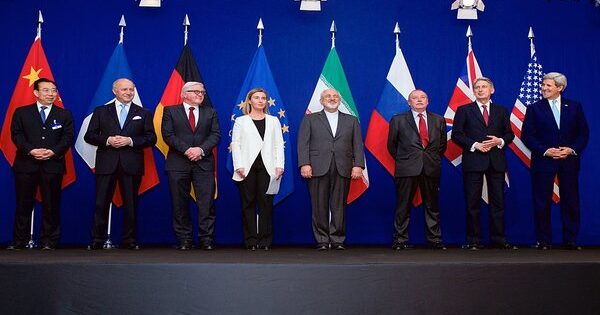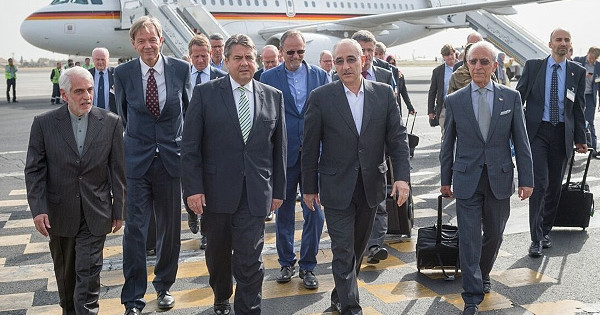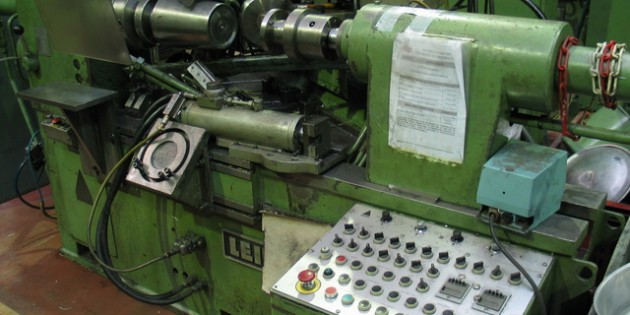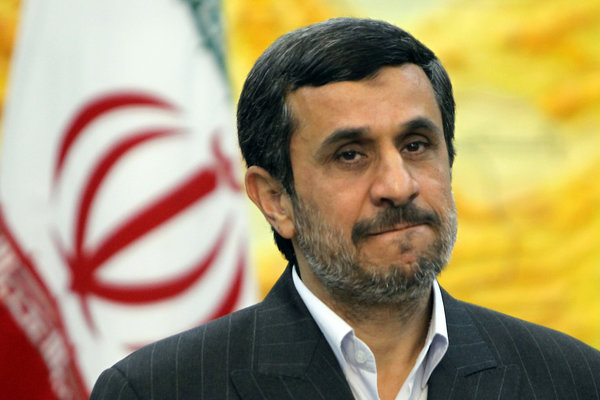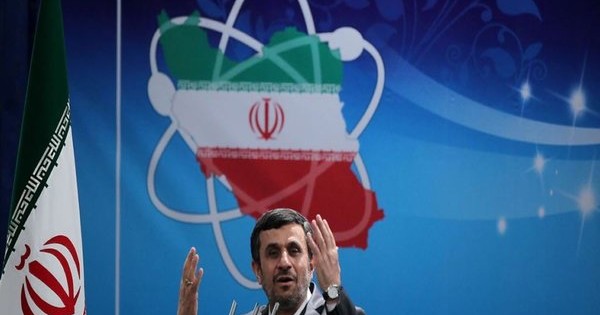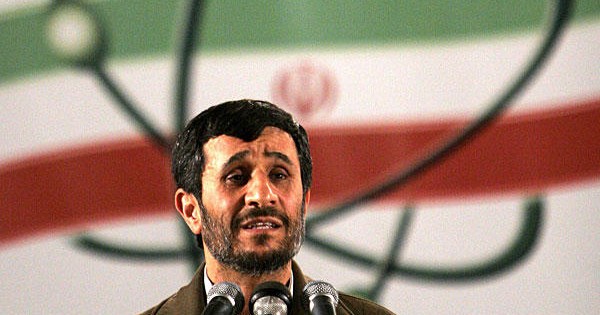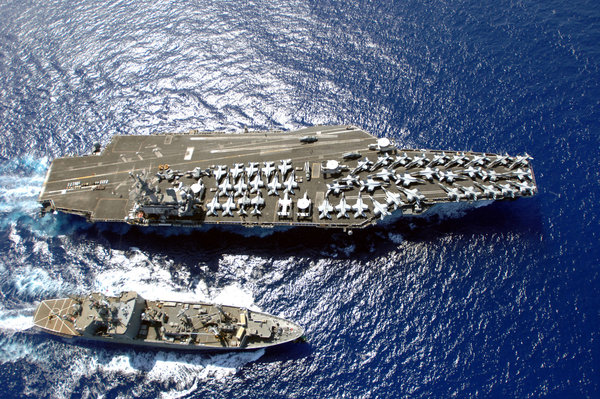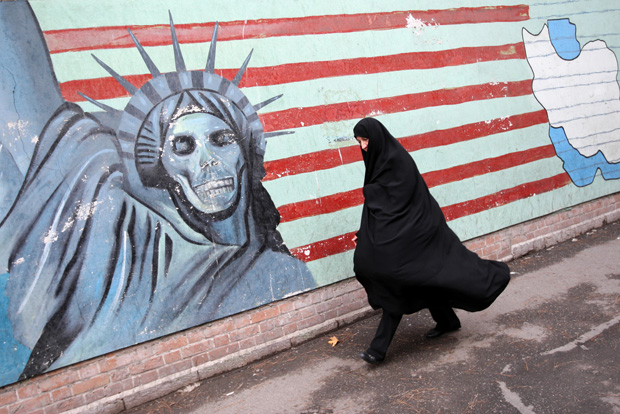Home » Geopolitics » Iran Nuclear Program
Iran Nuclear Program
Britain, France and Germany, the three European signatories of the Iran nuclear deal, have activated the agreement’s dispute mechanism in an effort to force Tehran into compliance with its commitment to curb its nuclear program.
The flurry of European business activity in Iran implies that international sanctions are crumbling, and if Tehran violates its commitments under the nuclear deal, efforts to re-impose them are unlikely to succeed.
More than a dozen EU countries have supplied Iran with dual-use technologies in one form or another in recent years, and much of that trade was lawful and in compliance with export control regulations, research shows.
En una sesión de emergencia celebrada el 4 de febrero, del Organismo Internacional de la Energía Atómica (OIEA) votó remitir el informe sobre la cuestión nuclear iraní al Consejo de Seguridad de las Naciones Unidas.
Can the often feckless Security Council change Tehran’s behaviour, thereby preventing the need for military action and turning Iran into a showcase example of effective multilateralism?
La elección de Mahmud Ahmadineyad como nuevo presidente de Irán lo mermará las posibilidades de reconciliación entre Irán y Estados Unidos.
The election of Mahmoud Ahmadinejad as Iran’s new president will undermine the chance for reconciliation between Iran and the United States.
La Casa Blanca ha indicado que habla en serio sobre su intención de impedir que Irán adquiera armamento nuclear.
A recent flurry of statements by senior US officials indicates that Washington has opted to take a hard-line approach towards Iran. European leaders have been quick to stress the need for diplomacy over military action.

